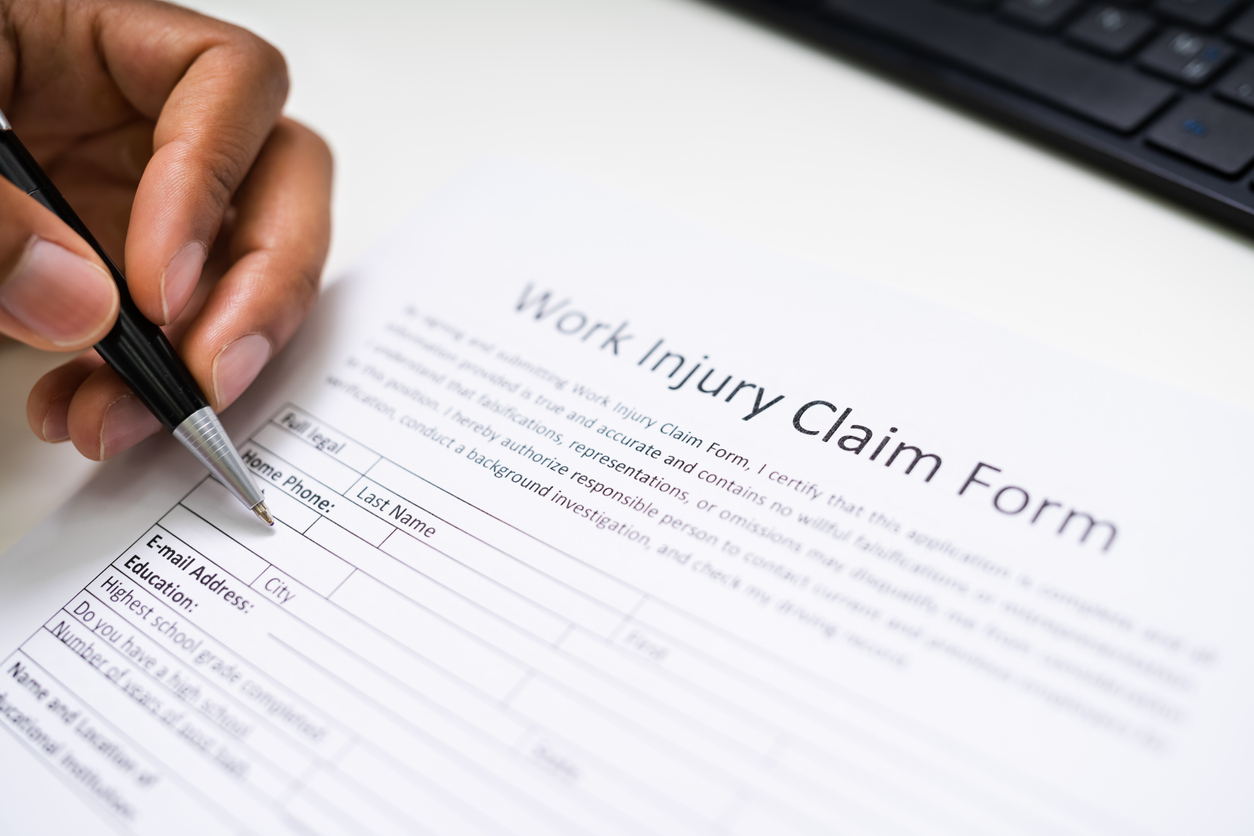Stephen Hasner | Workers' Compensation | June 28, 2022

Were you injured on the job in Georgia? Wondering if you’re entitled to workers’ compensation? Most employers must carry workers’ compensation insurance that provides certain benefits to employees in the event of a workplace accident. But there are some workers’ comp exemptions in Georgia that could affect your right to compensation.
What Employers Are Required to Carry Workers’ Compensation in Georgia?
Employers with three or more regular employees must carry workers’ comp insurance in Georgia. All employees–even part-time or seasonal workers–regularly hired by the employer are included in the count for purposes of coverage. For-profit and non-profit organizations are subject to the requirement.
If the company is an LLC or is incorporated, the members or officers are counted as employees for purposes of workers’ comp coverage requirements.
You can verify whether your employer carries workers’ compensation insurance by checking the Georgia State Board of Workers’ Compensation website.
Are Independent Contractors Covered by Workers’ Compensation?
No. Workers’ compensation is available only for employees of an organization. Independent contractors are not employees, so they aren’t eligible to receive workers’ comp benefits if they’re injured on the job.
What Other Workers Aren’t Covered By Workers’ Comp?
Some categories of workers are exempt from Georgia workers’ compensation law altogether. That means even when the employer has three or more workers, workers’ comp benefits are not available to workers in these categories of employment. But legal remedies may still be available to recover compensation in the event a worker is hurt on the job.
Georgia workers’ compensation law does not apply to:
- Railroad workers: Railroad employees injured by their employer’s negligence may seek compensation under the Federal Employment Liability Act.
- Farmers and farm workers: While generally exempt under Georgia law, employers that hire farm laborers may elect to provide worker’s compensation insurance with notice to the state.
- Federal government employees: Federal workers may seek compensation for work-related injuries through the Federal Employees’ Compensation Act.
If you work in one of the above categories and are injured on the job, an experienced workplace injury attorney can help you understand your legal rights and can help you pursue a claim.
Other Statutes That Provide Workers’ Compensation
While these statutes are not exemptions to Georgia workers’ compensation, it’s important to mention them because they may work in conjunction with workers’ comp if you’re injured on the job in Georgia.
- The Longshore and Harbor Workers’ Compensation Act is a federal law that provides benefits to injured maritime workers, such as dock workers, shipbuilders, and marine workers.
- The Merchant Marine Act of 1920 (also known as the Jones Act) provides benefits to a “seaman,” a worker who spends the majority of their time on a sea-based vessel.
An experienced personal injury lawyer can advise you on whether you qualify to file a claim under either of these federal statutes or Georgia’s workers’ compensation law.
Conduct That Can Get Your Workers’ Comp Claim Denied
Certain conduct can prevent you from recovering workers’ compensation benefits, even if you are eligible for coverage.
Some employee conduct that can result in denial of workers’ comp benefits when associated with a workplace injury includes:
- Willful misconduct
- Intentional self-inflicted injury
- Injury caused while attempting to harm another person
- Willful failure or refusal to use a safety appliance
- Willful failure or refusal to perform a duty required by statute
- Use of alcohol, cannabis, or controlled substance
- Refusal to take a drug or alcohol test
If your employer accuses you of any of this behavior and alleges that the behavior caused your injury, your workers’ compensation claim could be denied. A reputable workers’ compensation lawyer can help you file an initial claim to get ahead of potential issues or appeal a denial.
How Can I Get Money for a Workplace Injury if I’m Not Covered by Workers’ Compensation?
If your employer isn’t mandated to carry workers’ compensation or if you are otherwise exempt from workers’ compensation law, you still may have a legal remedy available to you. Note this is not the route to take if your workers’ comp claim was denied–in that case, you’d file an appeal.
But if you’re exempt from workers’ comp and were injured due to someone’s negligence, you might be able to file a personal injury lawsuit and seek economic and non-economic damages.
That means you can generally seek compensation for:
- Medical bills
- Lost wages
- Prescription drugs
- Anxiety and depression
- Disability
- Physical pain
- Out-of-pocket expenses
Workplace injury claims–especially in cases where you don’t qualify for workers’ comp–can be challenging. You may be unsure of how to proceed, which can result in missing out on the opportunity to recover the compensation you deserve. If you’re not sure if you are covered by workers’ compensation, or if you have other questions about your legal rights after an on-the-job injury, call a reputable law firm near you for assistance.
Contact the Savannah Workers’ Compensation Lawyers at Hasner Law, P.C. For Help
For more information, please contact the Savannah workers’ compensation law firm of Hasner Law P.C. at our nearest location to schedule a free consultation today.
We serve in Fulton County, Chatham County, and its surrounding areas:
Hasner Law PC – Atlanta Law Office
2839 Paces Ferry Rd SE #1050
Atlanta, GA 30339
(678) 888-4878
Hasner Law PC – Savannah Law Office
221 W York St
Savannah, GA 31401
(912) 234-2334


